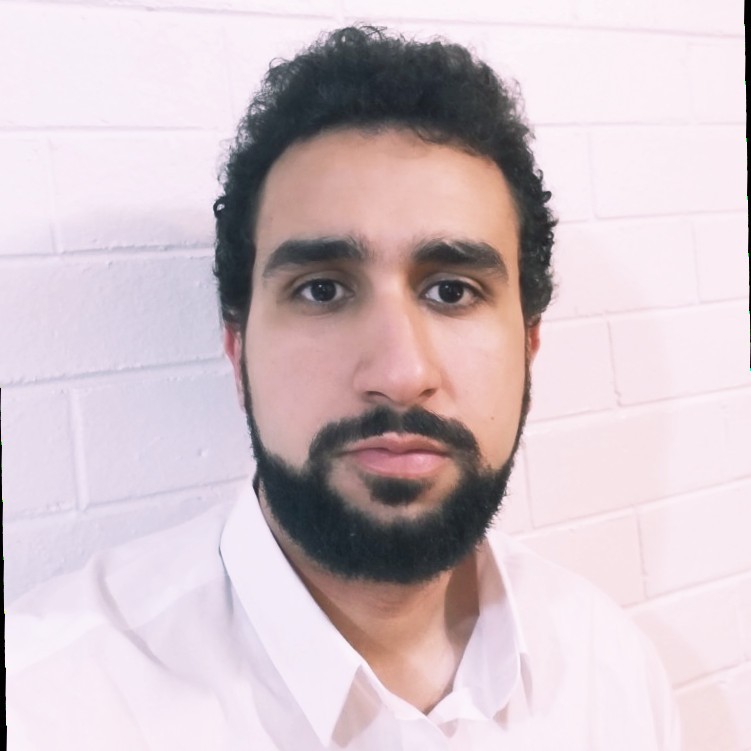Islam and science
Many believe that religion is fundamentally anti-scientific. However, the truth of the matter remains that many of the early scientists were religious people of the Muslim faith. I don't claim to be an expert in other religions but at least in Islam, I firmly believe that I can be a good scientist and religious at the same time. I know for a fact that my Islamic upbringing encouraged me to develop my critical thinking and logical reasoning skills (the how is for another day).
To help counter the above mis-conception, this page is dedicated to the many Muslim scientists who pioneered and initiated various scientific fields. Here is a list of many famous Muslim scientists who lived from the 8th to the 14th century, also known as the Islamic golden age. These historical figures were pioneers in a diversity of fields spanning: astronomy, physiology, chemistry, economy, social science, geography, earth science, mathematics, philosophy, physics and engineering.
Of the above list, some notable names are also highlighted below.
Hasan Ibn al-Haytham (Alhazen)
Ibn al-Haytham was an Iraqi man who was reportedly the first in modern history to formalise the scientific method and use it to make a number of non-obvious discoveries about how the world works, especially in the field of optics. Ibn al-Haytham is often referred to as the father of modern optics.
The works of Ibn al-Haytham were frequently cited during the scientific revolution by Isaac Newton, Johannes Kepler, Christiaan Huygens, and Galileo Galilei. So an Iraqi Muslim taught the modern world how to do science!
Articles
Videos
Muhammad ibn Musa al-Khwarizmi
al-Khwarizmi was a Persian scientist from modern day Uzbekistan or Turkmenistan, who is considered by many to be the founder of the modern field of algebra. The word algebra itself is derived from the Arabic word al-jabr which means the completion/rejoining/restoration. This term was first coined by al-Khwarizmi in one of his books in the field of algebra. The words algorithm in English and guarismo in Spanish (meaning digit) are also adaptations of his name al-Khwarizmi.
Articles
Videos
Abu Ali al-Husain ibn Sina (Avicenna)
Ibn Sina was (most probably) from a city located in modern day Uzbekistan, born in the 10th century. He is most famous for his works in the fields of medicine and philosophy and is often described as the father of early modern medicine. His book The Canon of Medicine was, reportedly, a standard academic text taught in medical schools and universities in Europe up until the 18th century, nearly 800 years after his death.
